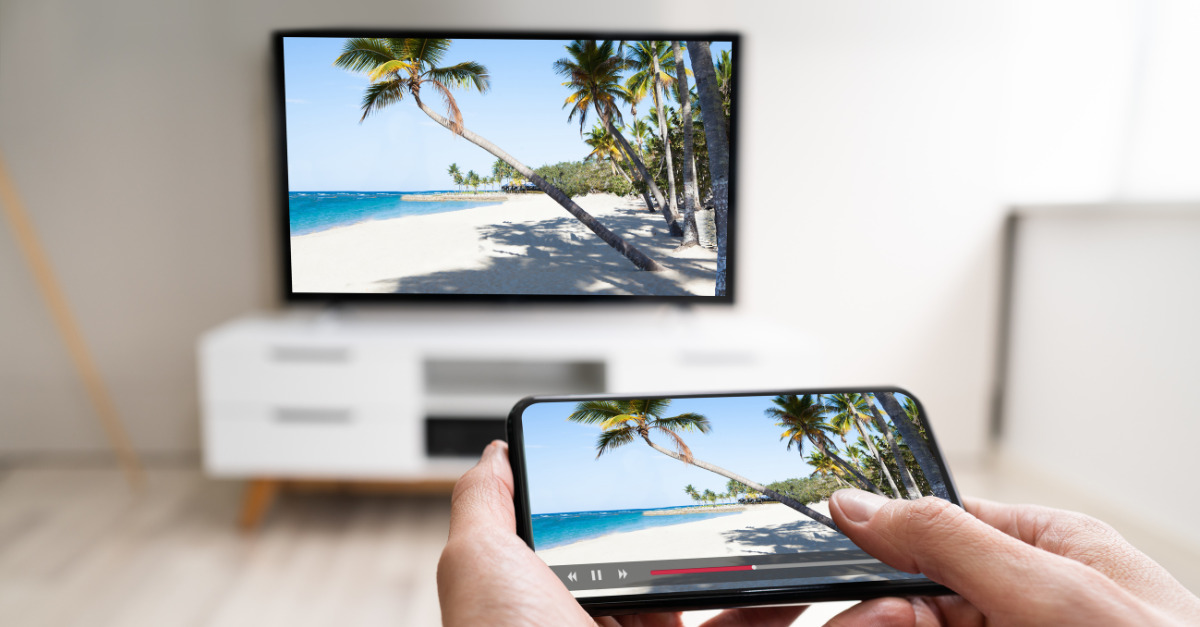The rise of streaming platforms has dramatically reshaped the entertainment industry, transforming how we consume media and creating new opportunities for creators, distributors, and consumers alike. What began as a convenient way to access music and movies has now evolved into an all-encompassing ecosystem that affects everything from television production to film distribution, shaping pop culture and challenging traditional business models.
The Shift from Traditional Media to Streaming
One of the most significant changes brought about by streaming is the shift away from traditional television viewing. Cable subscriptions, once a staple in American households, are rapidly declining as viewers increasingly turn to platforms like Netflix, Hulu, Disney+, and Amazon Prime for on-demand access to a vast library of content. This shift has altered how content is produced, consumed, and monetized. Instead of adhering to traditional network schedules, streaming platforms offer viewers the freedom to watch shows and movies at their own pace, often providing entire seasons of television in one release, a model popularized by Netflix.
This shift has fundamentally changed the TV industry. No longer bound by weekly episodes or ratings, creators are able to produce series that cater to niche audiences, allowing for more creative freedom and the exploration of unconventional formats. As a result, shows like Stranger Things, The Crown, and The Mandalorian have achieved massive success, with devoted fanbases and global reach.
The Impact on Movie Distribution
Streaming services have also revolutionized the movie industry, particularly in terms of distribution. While blockbuster films used to rely heavily on theatrical releases for their success, many studios have now turned to streaming platforms as a viable alternative. During the COVID-19 pandemic, several high-profile releases, such as Wonder Woman 1984 and Mulan, debuted simultaneously on streaming platforms, skipping or shortening traditional theater runs. This model has since continued with films like Red Notice and The Gray Man gaining popularity through streaming, showing that audiences are increasingly willing to embrace watching new releases from the comfort of their homes.
Moreover, streaming services are now major players in the production of original films and series. With their massive budgets, platforms like Netflix and Amazon are able to finance high-quality content, attracting top-tier talent from directors and actors. This has democratized access to the entertainment world, providing opportunities for filmmakers to reach global audiences without relying on traditional studio systems.
Changing Consumer Behavior
The streaming revolution has also altered consumer behavior. The concept of “binge-watching” has become a cultural phenomenon, with viewers consuming entire seasons of television in one sitting. This new approach to viewing has reshaped how stories are told, as shows are now often crafted to keep audiences hooked for hours, with cliffhangers and complex plotlines designed to maintain engagement.
Furthermore, the subscription-based model has led to a more personalized viewing experience. Platforms use sophisticated algorithms to recommend shows and movies based on individual preferences, which allows for a more tailored and efficient entertainment experience. This personalization extends to music streaming as well, with services like Spotify and Apple Music offering curated playlists, personalized radio stations, and algorithm-driven recommendations.
Challenges and Opportunities for Creators
For creators, the rise of streaming presents both challenges and opportunities. On one hand, the sheer volume of content available on streaming platforms means that competition for viewers’ attention is more intense than ever. However, on the other hand, the democratization of content distribution via platforms like YouTube, TikTok, and Vimeo gives independent filmmakers, musicians, and artists the ability to reach global audiences without the need for a traditional distributor.
This has also led to an explosion of niche content, where shows and films catering to specific subcultures and interests can find their audience. The success of shows like BoJack Horseman and Euphoria, which tackle deep, often taboo subjects, demonstrates how streaming platforms are empowering storytellers to explore more diverse and complex narratives that might have struggled to find a home on traditional television.
The Future of Streaming
Looking ahead, the future of streaming seems poised for continued growth and evolution. The competition between platforms is fierce, with Netflix, Amazon Prime, Disney+, and newer players like Apple TV+ and Peacock vying for dominance. This has resulted in increased investment in original content, which shows no sign of slowing down.
However, the growing reliance on streaming has raised concerns, including the environmental impact of maintaining vast server infrastructures and the potential for market saturation. As subscription costs rise and consumers begin to feel overwhelmed by the number of platforms required to access all the content they want, there may be a shift towards consolidation or new business models in the future.
Conclusion
The rise of streaming has undoubtedly transformed the entertainment landscape, offering consumers more flexibility, access, and choice than ever before. While it has posed challenges to traditional media models, it has also created new avenues for creativity and audience engagement. As streaming continues to evolve, it will undoubtedly shape the future of entertainment in ways we have yet to fully comprehend.

